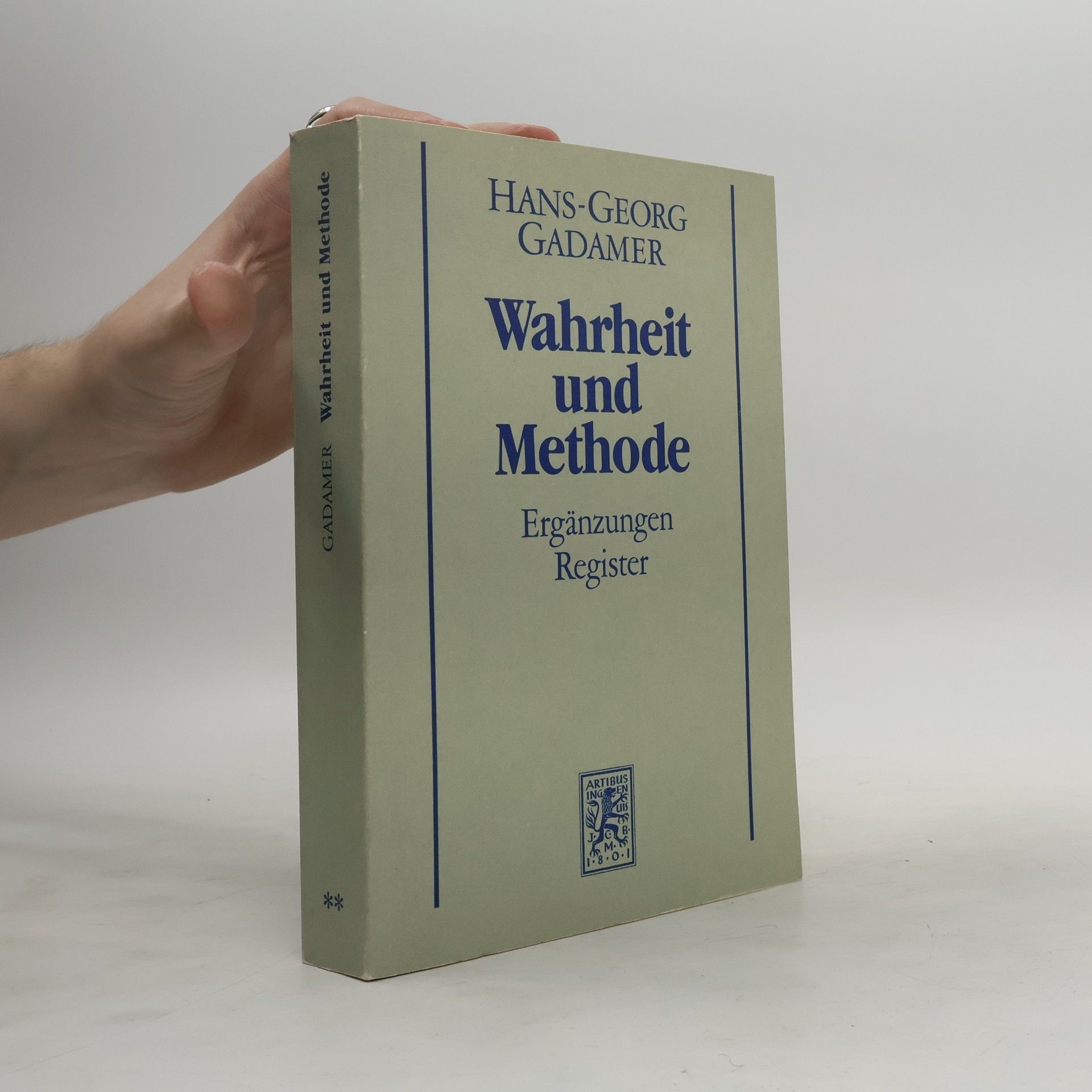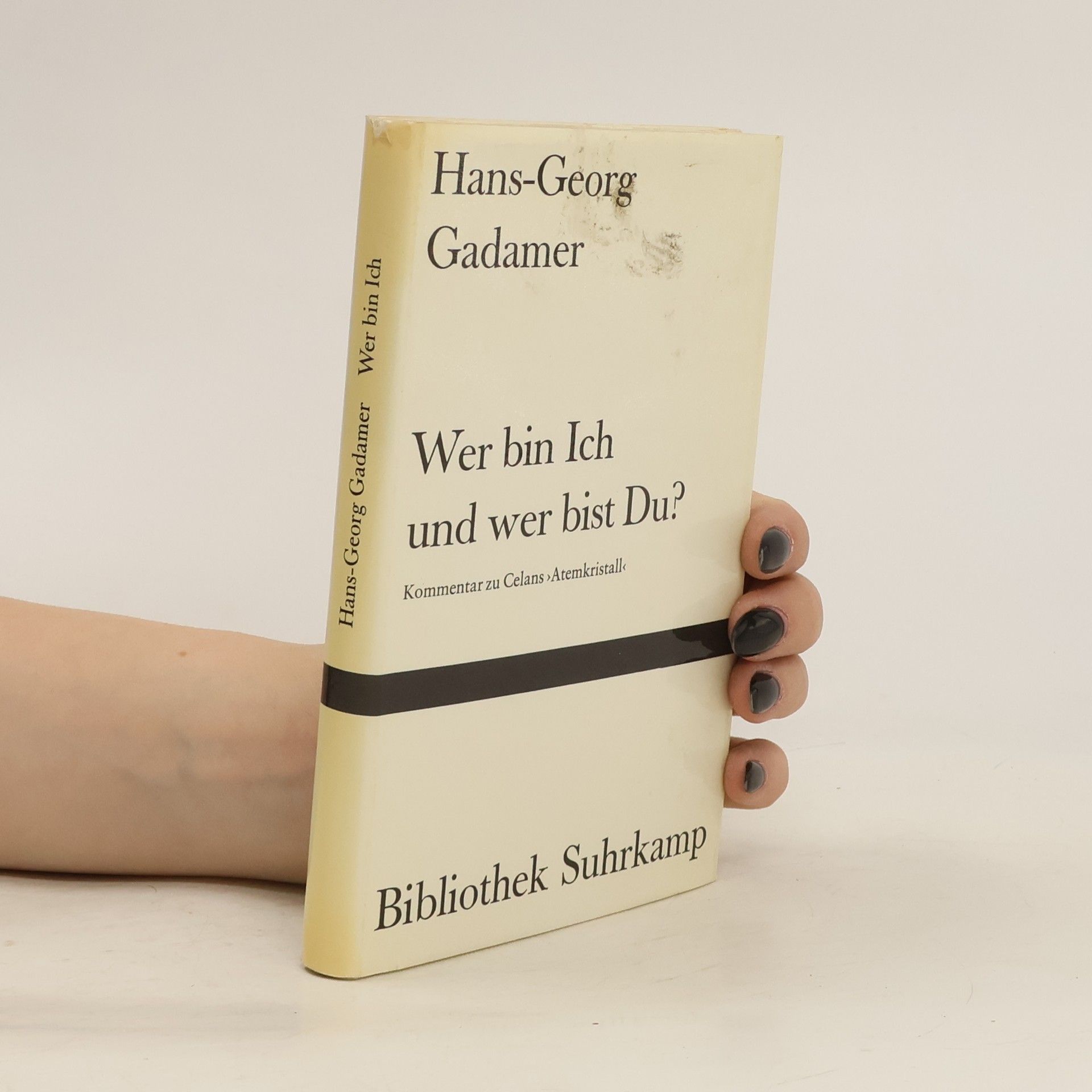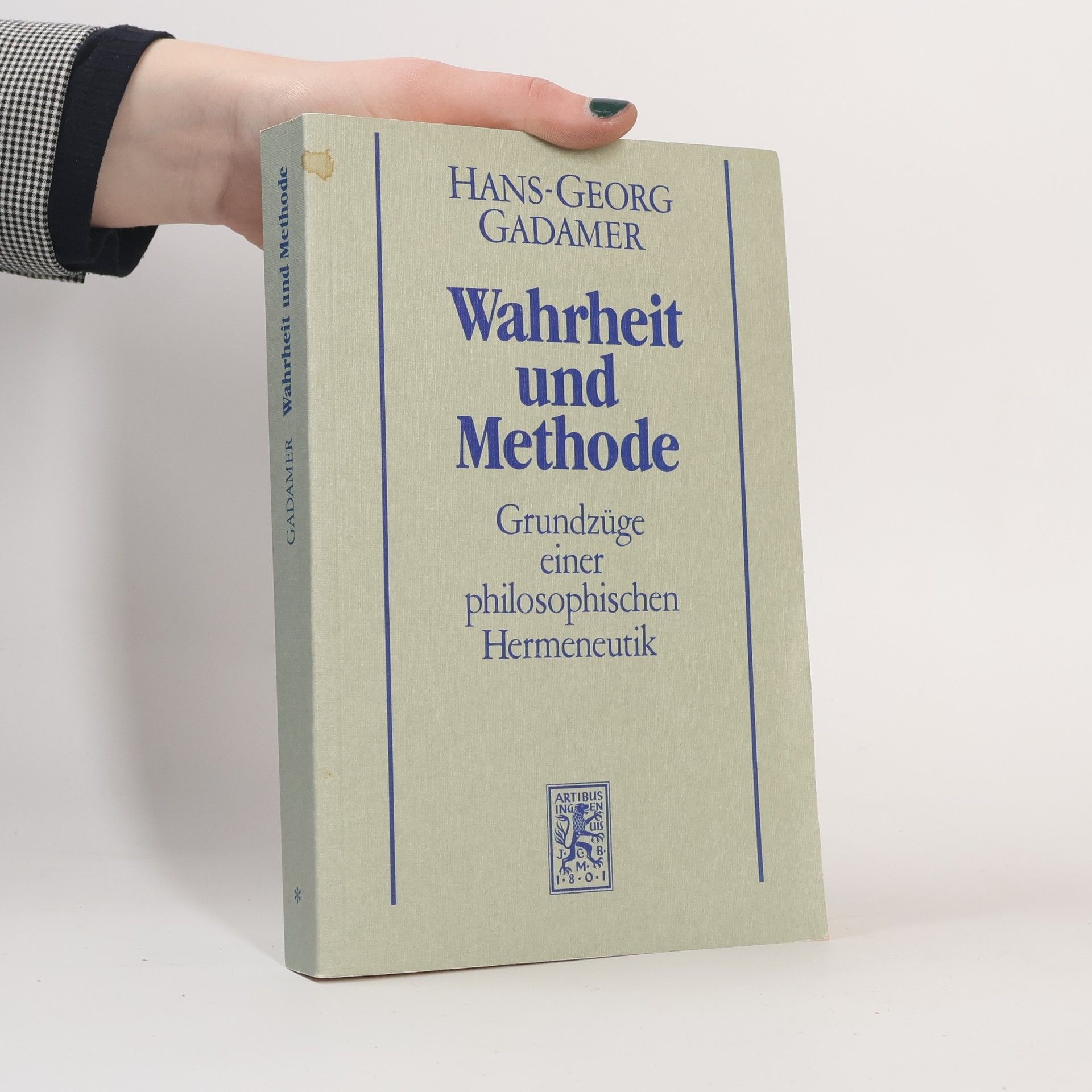Gadamer in conversation
- 176bladzijden
- 7 uur lezen
This volume presents six lively conversations with Hans-Georg Gadamer (born 1900), one of the twentieth century's master philosophers. Looking back over his life and thought, Gadamer takes up key issues in his philosophy, addresses points of controversy, and replies to his critics, including those who accuse him of having been in complicity with the Nazis. A genial and direct conversationalist, Gadamer is here captured at his best and most accessible. The interviews took place between 1989 and 1996, and all but one appear in English for the first time in this volume. The first three conversations, conducted by Heidelberg philosopher Carsten Dutt, deal with hermeneutics, aesthetics, and practical philosophy and the question of ethics. In a fourth conversation, with University of Heidelberg classics professor Glenn W. Most, Gadamer argues for the vital importance of the Greeks for our contemporary thinking. In the next, the philosopher reaffirms his connection with phenomenology and clarifies his relation to Husserl and Heidegger in a conversation with London philosopher Alfons Grieder. In the final interview, with German Nazi expert Dorte von Westernhagen, Gadamer describes his life









